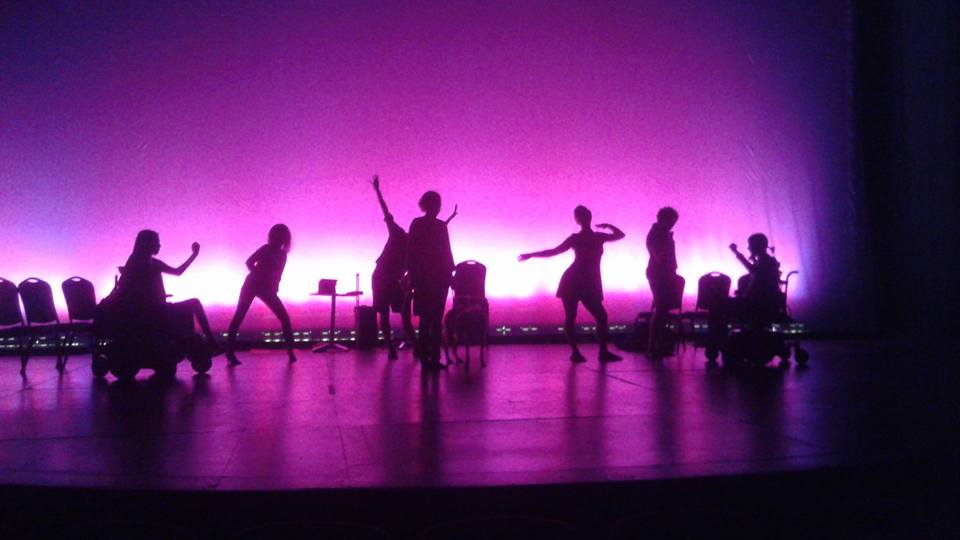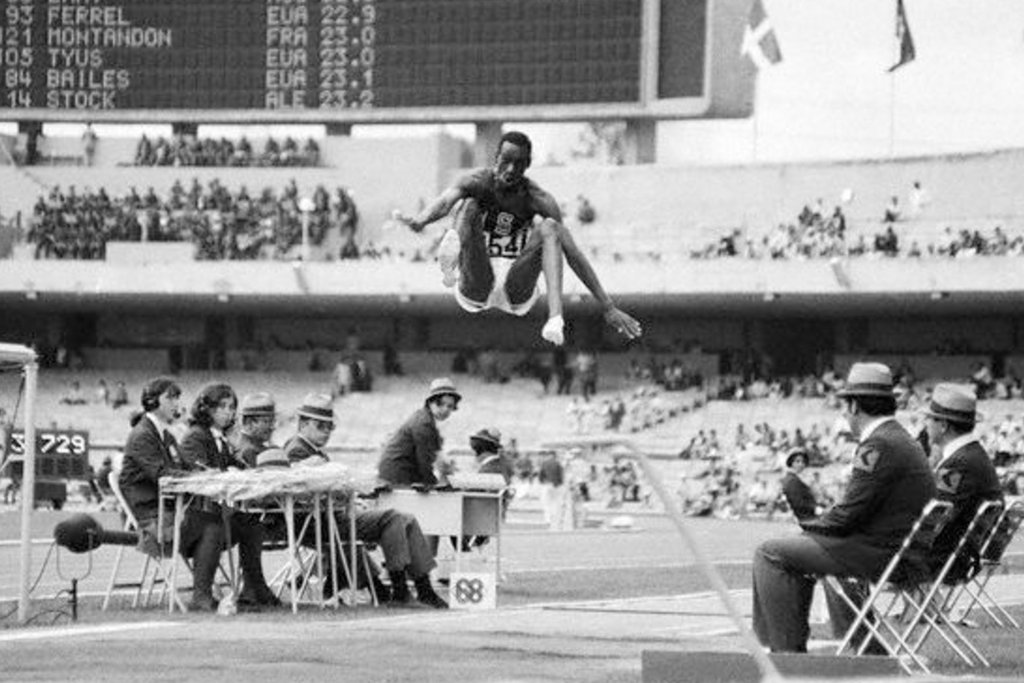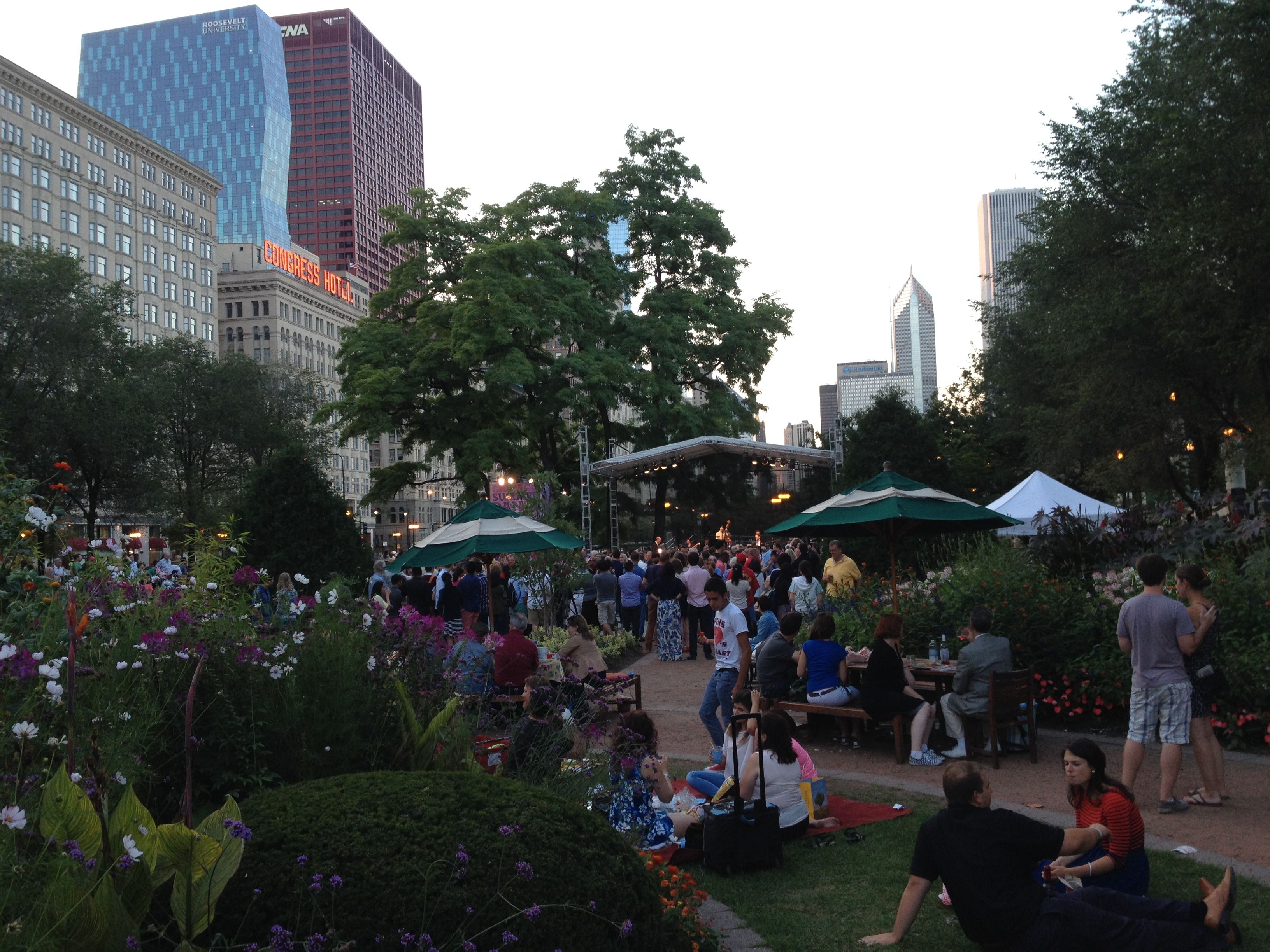Not ashamed to say it: I'd rather be able to see
August 19, 2016 • 16 Comments • Posted in blindness, Braille, careers/jobs for people who are blind, guide dogs, politics, Seeing Eye dogs, technology for people who are blind, UncategorizedRoughly one in five Americans lives with a disability. So where is our pride movement?
That’s the subhead to an op-ed piece called Becoming Disabled in the New York Times Sunday Review this week. The piece was written by Rosemarie Garland-Thomson, an academic who has a disability.
The piece is well-written and looooooooooong — Professor Garland-Thomson shares plenty of statistics and numbers about people with disabilities. In addition to the Centers for Disease Control and Prevention estimate in the subhead (one in five adults in the United States is living with a disability), the piece links to a National Organization on Disability study saying 56 million people in America have a disability. People with disabilities are the largest minority group in the United States, and that group is growing. And so, Professor Garland-Thomson reasons, “Because almost all of us will experience disability sometime in our lives, having to navigate one early in life can be a great advantage.”

Thanks to the ADA, riding a train is a yawn for Whitney.
Really?
The professor did her homework for this piece, covering everything from the “correct” way to refer to disability as a new “politicized identity” to how studying the history and culture of disability allowed her to “come out of the closet” about hers. What she didn’t do in her piece, however, was answer the question in the subhead. “Where is our pride movement?”, she asks.
I think I have the answer. I cannot speak for all people with disabilities, but I do not find losing my sight early in life to be a “great advantage.” I am not proud of being blind, and I can’t imagine marching in a parade to boast about my disability.
I’d rather be able to see.
That said, I am not ashamed of being blind, either, and I think that’s the important issue here. In the op-ed, Professor Garland-Thomson points out that disability is everywhere once you start noticing it. “Wheelchair users or people with walkers, hearing aids, canes, service animals, prosthetic limbs or breathing devices may seem to appear out of nowhere,” she writes. “When they were in fact there all the time.”
This is due in large part to the passage of the Americans with Disabilities Act (ADA) in 1990. Thanks to the ADA and other civil rights legislation, I’m able to access audio books from the National Library Service, use my talking computer to access web sites, have my guide dog lead me onto buses, trains and airplanes, use Braille to find my room number in hotels, check out menus on line before we eat out, procure health care even though I have a pre-existing condition, and vote on my own using a special audio machine. If you live in my neighborhood, you’ve seen me out and about with my Seeing Eye dog. We’re part of the fabric.
I should add that another critical piece of legislation that has helped people with disabilities go mainstream is often overlooked. Back in 1975, the Education for All Handicapped Children Act (EHA) gave children with disabilities the same opportunity for education as those students who do not have a disability. That act gave way in 1990 to the updated Individuals with Disabilities Act (IDEA). The result: Kids with disabilities are part of the everyday fabric of day to day life from an early age.
Americans with and without disabilities can take pride in the legislators and lobbyists and supporters who helped pass the ADA and the laws that led up to it. All of us should take pride of our resourcefulness, the different ways we manage to do the things we want to do, and how, throughout our history, Americans have fought together for civil rights legislation to reorganize and rebuild our country into one that allows everyone to participate.
I’m proud of all of us.


